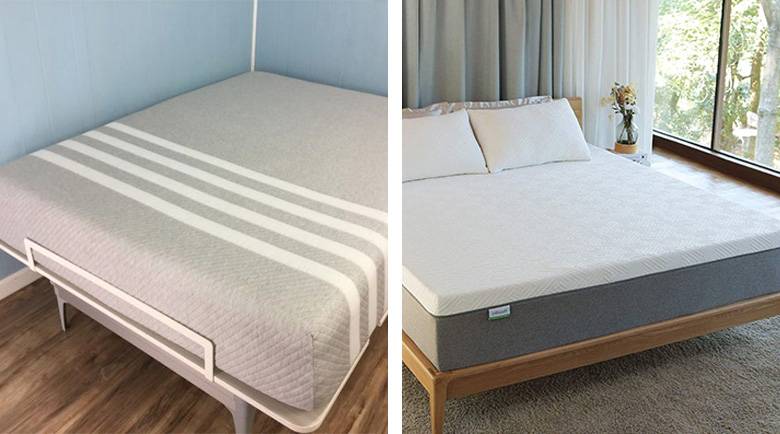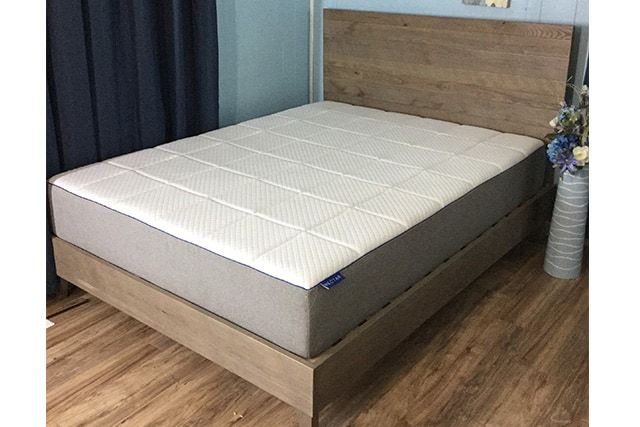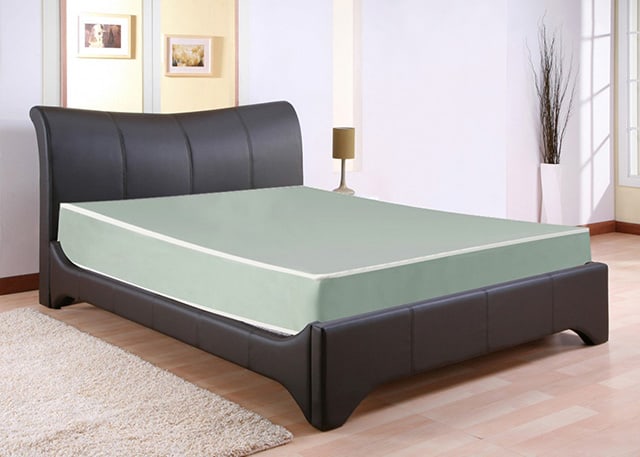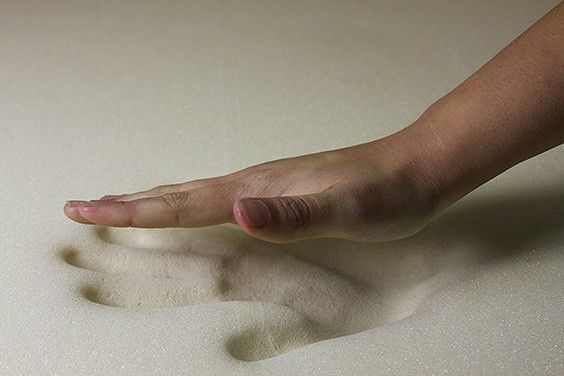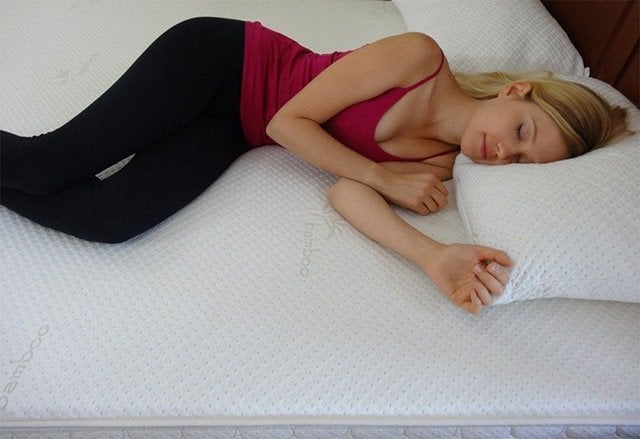Have you already spent quite a bit of time seeking out the best mattress? If so, you know there is something out there to fit the needs of just about anybody. The vast options has made it more possible than ever to find a sleep product that will offer the specific features you need. In fact, some even allow customization to get the mattress as close to your specifications as possible.
Along with options comes terminology that can be confusing. After all, the concept of the mattress has been around since the neolithic period. It only makes sense that mankind would innovate its sleep surface. From standardizing and customizing to optimizing and so much more, it’s worth the time to get a better understanding of what you’re looking into.
Let’s delve into the differences between memory foam vs. orthopedic mattresses to see which would be the best option for you and your sleep partner.
Memory Foam vs Orthopedic Mattresses
Before delving into specifics, let’s first get a clear idea of the differences between memory foam and orthopedic mattresses. While the two do have similarities in helping keep the spine aligned, it’s important to understand that these are different mattress types designed for specific needs.
What is Memory Foam?
Memory foam is created using visco elastic materials, and it was originally designed by NASA to protect pilots and passengers of airplanes in the 1970’s. It wasn’t until the 90’s that memory foam was largely recognized in the mattress industry for its conforming properties. There were a couple of complaints in its early use, and these include:
- Tendency to sleep hot
- Seemingly trapping the sleeper as they sink into the material
The great news is that mattress manufacturers have taken measures to correct these problems. You can read everything you need to know about memory foam mattress shopping with our complete guide. To sum it up, however, this material can be a great choice if:
- You tend to suffer from pressure points as you sleep
- You suffer with chronic neck and/or back pain
- You have trouble breathing during sleep
- You’re looking for a product that’s hypoallergenic and dust mite resistant
- You have a sleep partner and need to keep motion transfer minimal
- You want a product that’s not prone to sagging and that you don’t have to rotate
When is an Orthopedic Mattress a Good Option?
If you suffer with spinal alignment issues or joint and back problems, an orthopedic mattress could be a valuable purchase. However, we urge you to shop with caution. This is because there are no materials that are certified orthopedic. It simply must be a firm mattress targeted toward the joints, neck, and back and helps to improve your overall body posture. Therefore, this term can easily be tacked on mattresses for the sole purpose of driving sales. Because of this, it’s crucial that you do your research to verify the claims of any manufacturer to alleviate pain and straighten the spine. When you do find a mattress that truly is orthopedic, long-term use can help you enjoy a higher quality of life.
- Before you purchase an orthopedic mattress, make sure to:
- Do thorough research on the various materials used.
- Check out information such as the indentation load deflection and densities found at each layer.
- Read reviews from real customers to see how their experiences went
- If you have any questions or concerns, call customer service. It’s easy to tell when a salesman is trying to sugarcoat or avoiding the provision of the information you’re seeking. Look for a company that’s very transparent and quick to answer your questions.
Best of Both Worlds
Both memory foam and true orthopedic mattresses can go a long way in improving your quality of sleep. If you can’t decide on one over the other, you always have the option to take a look at orthopedic mattresses containing visco elastic foam. These products recognize how well memory foam is in contouring, and they contain other properties which work with the memory foam to create a product best suited to keep you properly aligned and comfortable.
But I Want One or the Other
If you want one or the other, it’s important to consider your own needs and preferences. Let’s take a look at a few and which type of mattress would be better suited for your needs:
- I want a plush mattress- Memory foam
- I tend to sleep hot and want a mattress that breathes well- Orthopedic
- I suffer with allergies and want something that’s hypoallergenic- Memory foam
- Off gassing is particularly bothersome for me- Orthopedic
- I need a product that offers lots of support- Orthopedic
- I’m concerned with my carbon footprint and want the more eco-friendly option- Orthopedic
- I want to get the best bang for my buck- Memory foam
Memory Foam vs Orthopedic Mattresses Comparison Table
| Memory Foam Mattress | Orthopedic Mattress |
|---|---|
| Made of viscoelastic materials | No one material is certified orthopedic |
| Features ability to conform to the curves of the sleeper’s body | Built to support joints, bones, and overall body |
| Is known for low motion transfer | Alleviates pain |
| Is known for sleeping hot, although innovations are improving this a | Improves posture |
| Widespread options | Name can be misused, so it’s important to research to ensure a product being advertised as orthopedic actually does work to straighten the spine and alleviate pain |
| Competitive price points |
Picking the Right Product for Your Needs
In the mattress industry, there are dozens of needs and preferences considered during development. While one product may be perfect for you, it may not work for someone else. The fact that you’re reading this shows you have an idea of this concept, and you’re now one step closer to finding a good match.
If you do choose the orthopedic route, just make sure you’re not paying extra for a product that doesn’t really do anything special to aid in posture and pain relief. For memory foam, take a good look at densities to ensure you’re not being overcharged for a sub-par product.
I hope this has helped clear up the differences between memory foam and orthopedic mattresses. If you still have questions, we’d love to hear them. Just comment below, and we’ll respond with an answer tailored for your personal benefit.
